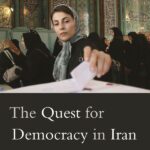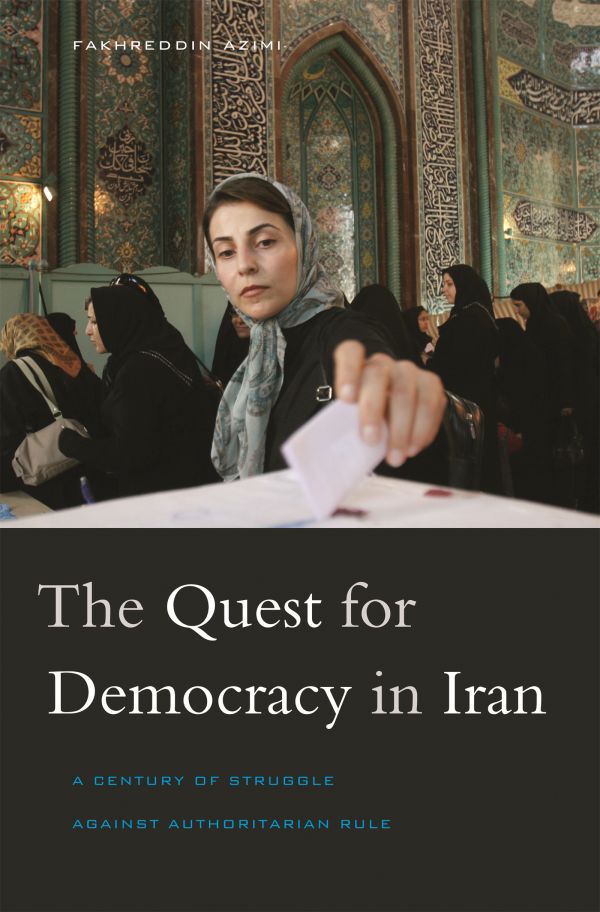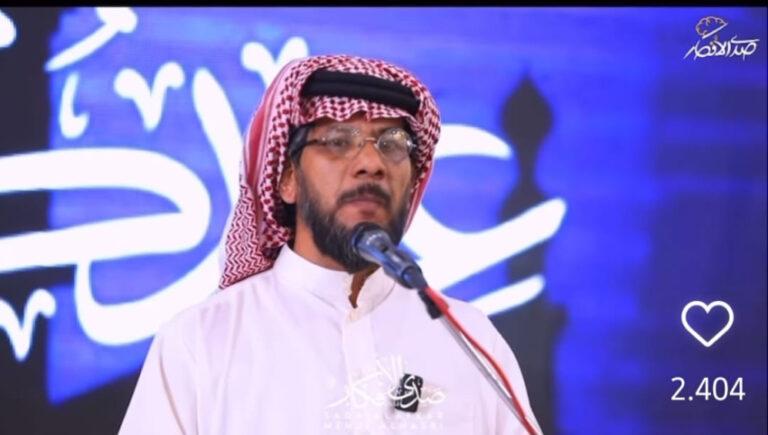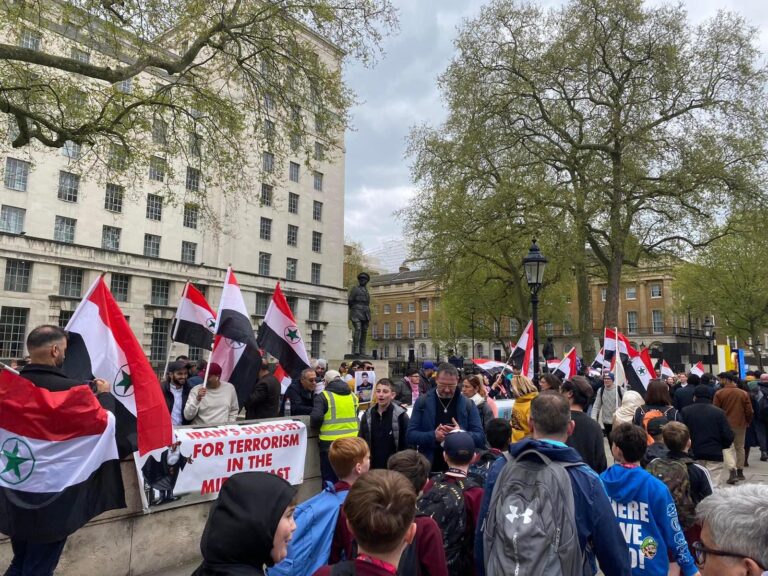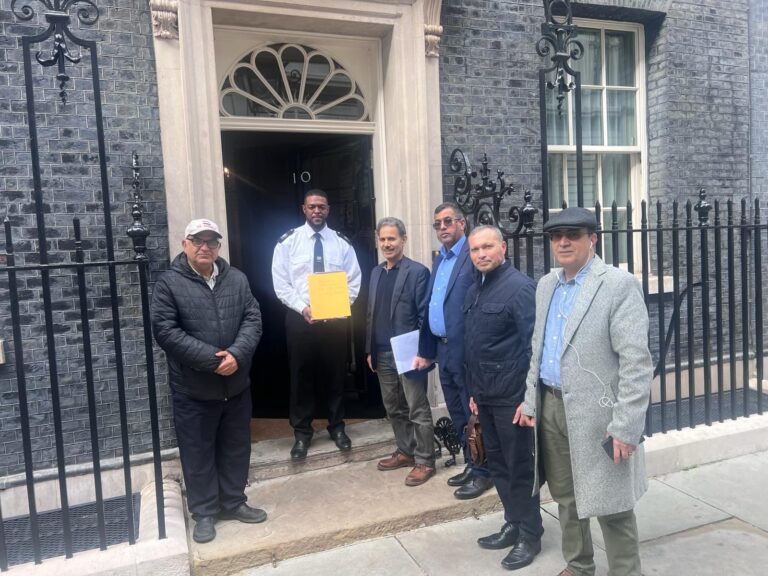EU condemns death sentences in Iran for five Arabs
EU foreign policy chief Catherine Ashton on Tuesday urged Iran to commute death sentences against five members
Statement by EU High Representative Catherine Ashton on the confirmed death sentences and potentially imminent executions of five Ahwazi Arab men in Iran
The High Representative of the European Union for Foreign Affairs and Security Policy and Vice President of the Commission issued the following statement today:
sentences.
Ahwazi: UN Experts Speak Out Against Executions
A group of UN experts has urged Iranian authorities to halt the execution of five Ahwazi activists currently being held on death roll.
Below is an article published by The Office of the High Commissioner for Human Rights:
A group of United Nations independent experts on Iran, peaceful assembly and of association, extrajudicial executions, torture and minorities today urged the Iranian authorities to halt the execution of five Ahwazi activists, who are at imminent risk after their death sentences were recently upheld by the Supreme Court. According to reports, Mr Mohammad Ali Amouri, Mr Sayed Jaber Alboshoka, Mr Sayed Mokhtar Alboshoka, Mr Hashem Shabain Amouri and Mr Hadi Rashidi, all founding members of Al-Hiwar, a scientific and cultural institute, were sentenced to death on charges including Moharebeh (“enmity against God”), Mufsid-fil-Arz (“corruption on earth”) and spreading propaganda against the system in 2012.

U.N. rights experts urge Iran to halt execution of five Ahwazi activists
A group of U.N. independent human rights experts have urged the Iranian authorities to halt the execution of five 
Joint Statement: Halt the Execution of Five Ahwazi Arabs
January 23, 2013: The undersigned human rights organizations strongly oppose the death sentences issued by the
Scientists reveal extent of environmental devastation of the Ahwazi Arab homeland
Fish containing high levels of heavy metals is causing development disorders and disease among Ahwazi Arabs, according to a number of recent studies.
Al-Ahwaz Environment Report 2013
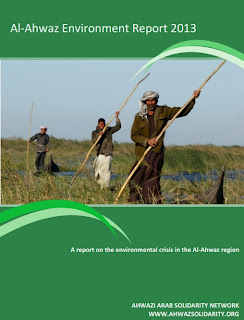
Germany: “Planned executions are unacceptable and contrary to law and human dignity”
The German government has condemned Iran’s planned execution of five Arab cultural activists from Khalafieh in 
Rights groups call on Iran to stop execution of Arab activists
Top News
Rights groups call on Iran to stop execution of Arab activists
Thu, Jan 24 15:18 PM EST
LONDON (Reuters) – Two rights groups urged the Iranian judiciary on Thursday to quash death sentences against 
Iran: Stop the Execution of Ahwazi Arab political prisoners
AMNESTY INTERNATIONAL
JOINT PUBLIC STATEMENT
24 January 2013
AI Index: MDE 13/007/2013
Iran: Stop the Execution of Ahwazi Arab political prisoners
Whereabouts of Five Condemned Men Unknown
